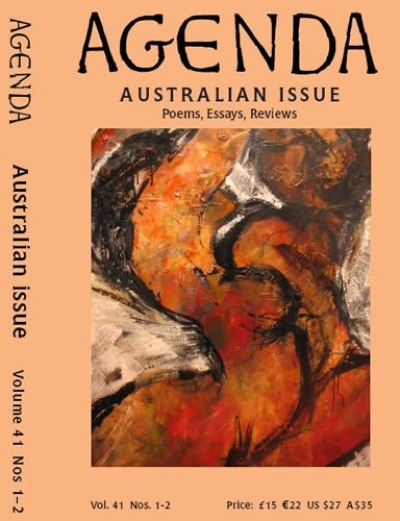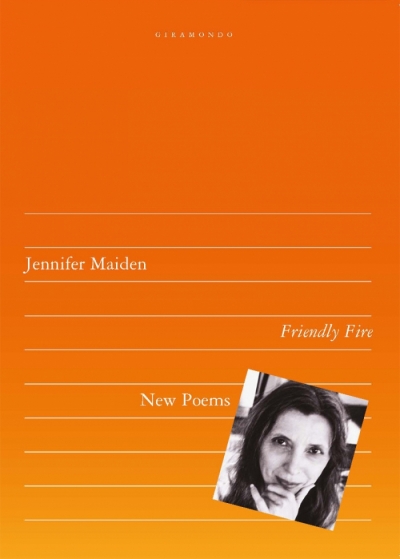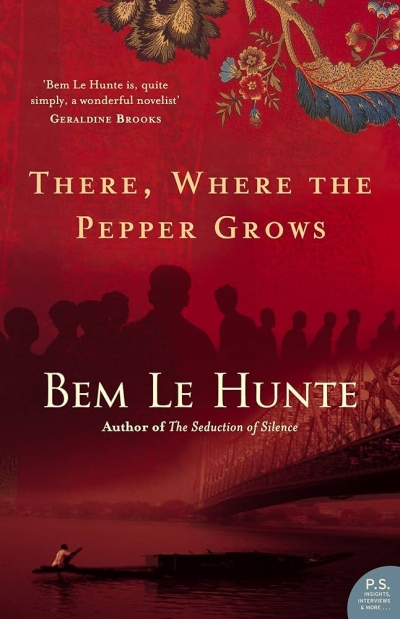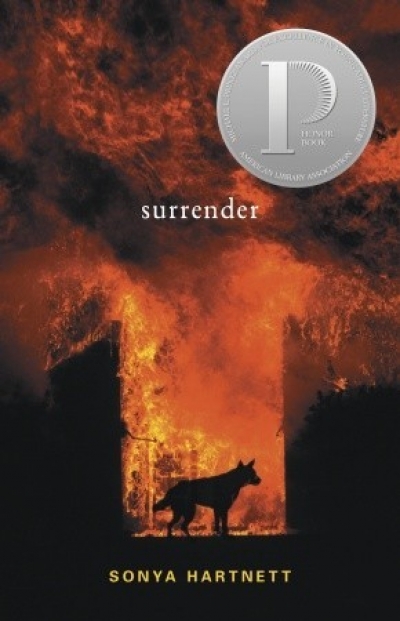Lisa Gorton
I. Claim
Wild birds rise before us, making the noise of a multitude clapping hands.
The men fire, fire again and still they rise, they rise clear out of range and
where they were they leave such wakes of light, they are tearing the blue-black
shadows out of the river; their wing tumult is shadows escaping air. Act
flung back to motives, they arc away from us and scatter till I am fierce
for what I cannot remember and still they rise, the vault is dark with their applause.
Agenda edited by Patricia McCarthy & Jacket 28, October 2005 edited by John Tranter
To celebrate the best books of 2005 Australian Book Review invited contributors to nominate their favourite titles. Contributors include Morag Fraser, Peter Porter, Kerryn Goldsworthy, Nicholas Jose and Chris Wallace-Crabbe.
... (read more)There, Where the Pepper Grows by Bem Le Hunte & Behind the Moon by Hsu-Ming Teo
At first, you find the claim that you resemble your parents implausible. Later, you find it unflattering. But there are moments when you glimpse someone in a mirror and only belatedly recognise yourself. These are the moments when you realise – it is in equal parts chastening and reassuring – that if you are moving through time as an image of your parents’ past, their image is waiting for you in mirrors: they are the ghosts that haunt your future, as it were.
... (read more)Jacket edited by John Tranter and Pam Brown & Space edited by Anthony Lynch and David McCooey
Imagining Australia: Literature and culture in the new new world edited by Judith Ryan and Chris Wallace-Crabbe
Fold out evenings, chairs in the street.
‘See Iridium?’ Making out the satellite pantheon:
efficient gods that do return our prayers
(small voices cast across our desert spaces)
like stars —
like Clint Eastwood
riding impassive
through our networks of desire.
... (read more)





